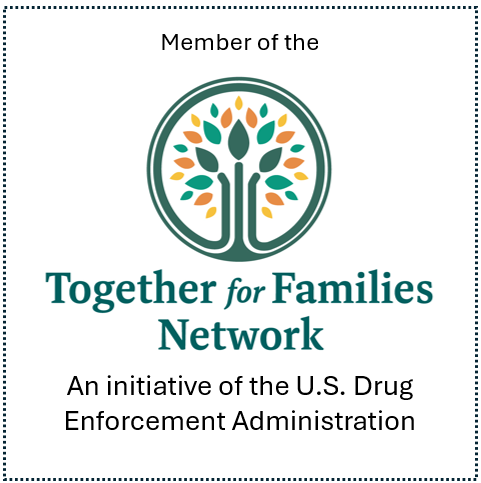Language Development Through Storytelling
Ask the Experts | Sara Martin
I'm worried about the effect of two years of the pandemic on my preschooler's language development. What can I do to help them?
A: Your concerns are natural in any environment, but especially important as the pandemic drags on. The best thing you can give your child is your time, and you’ll both get a lot more out of it if you make it fun. My recommendation: throw out the flashcards and high-tech devices, then get out the toys, books, and games and start playing!
Research shows that children’s narrative language skills—storytelling ability—in kindergarten are more predictive of a child’s long-term academic success than their ability to memorize “academic” information (think of those flashcards).
Your child’s ability to successfully tell another person about their vacation, weekend, or trip to the zoo is far more supportive of academic success. Storytelling is a language-rich activity that helps the following skills grow and develop:
- executive functions like memory, attention, and inhabitation
- social reciprocation such as answering questions of others, turn-taking, and clarifying
- language, vocabulary, and communication
- problem-solving and collaboration
Use of real toys and playing board, card, and people games (think tag, peek-a-boo, etc.) also help those same skills grow and develop. These skills are the building blocks to academics, or rather, to setting a child up to be able to learn successfully.
Storytelling is a skill developed over time and begins when children are babies. Parents who chit chat with their babies even before they are “talking” are beginning the process. Children begin learning about conversational turn-taking and social reciprocity during this time.
The pandemic has limited children’s exposure but reading together is a great way to get children thinking and talking about their observations and feelings about things beyond their home experience. Sharing stories about yourself, your day, or your childhood are also great models to teach children narrative language skills.
With continued interaction language skills will evolve, becoming more and more detailed. Similar to flowers needing water and sun to bloom, children’s language development need storytelling models and conversational interaction to grow.
Sara Martin, M.A. CCC-SLP, is a Certified/Licensed Speech-Language Pathologist and Owner of Speech With Sara, LLC. Visit speechwithsara.com for more information.






